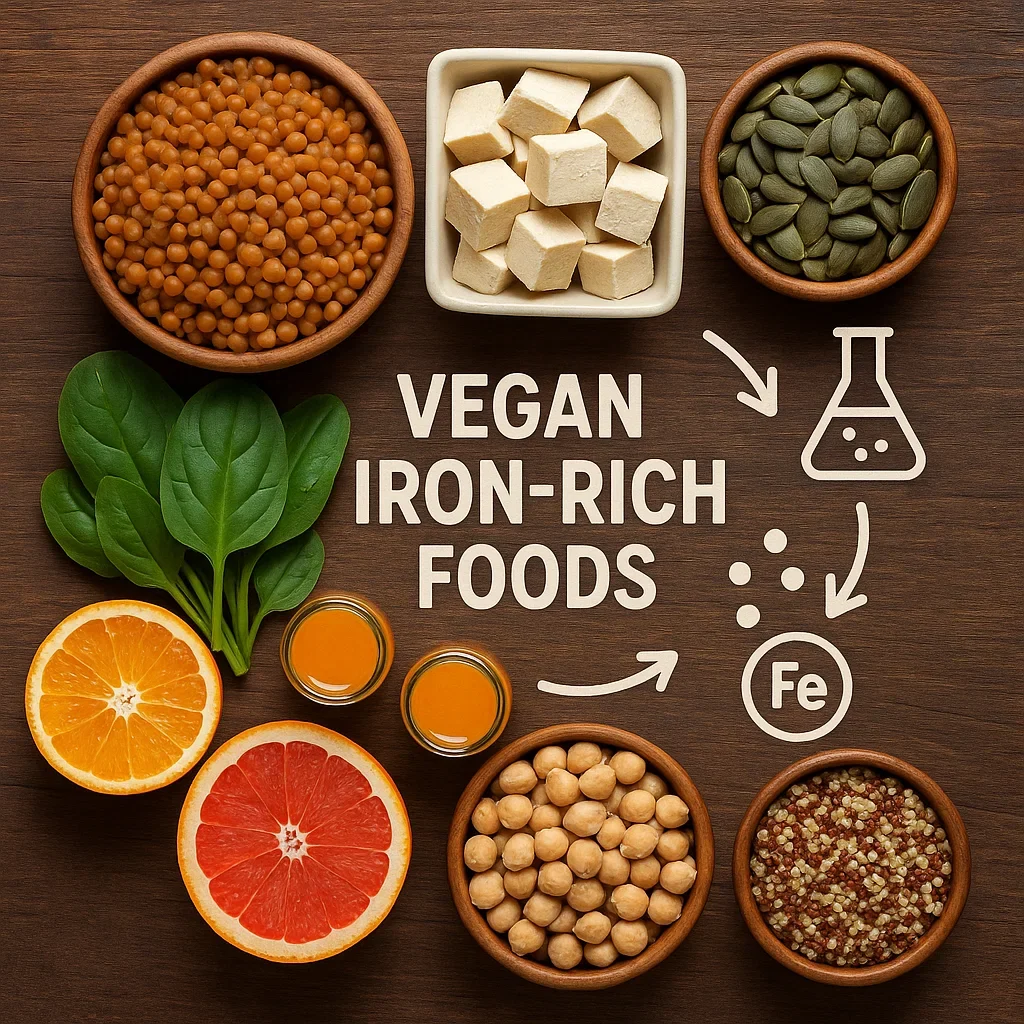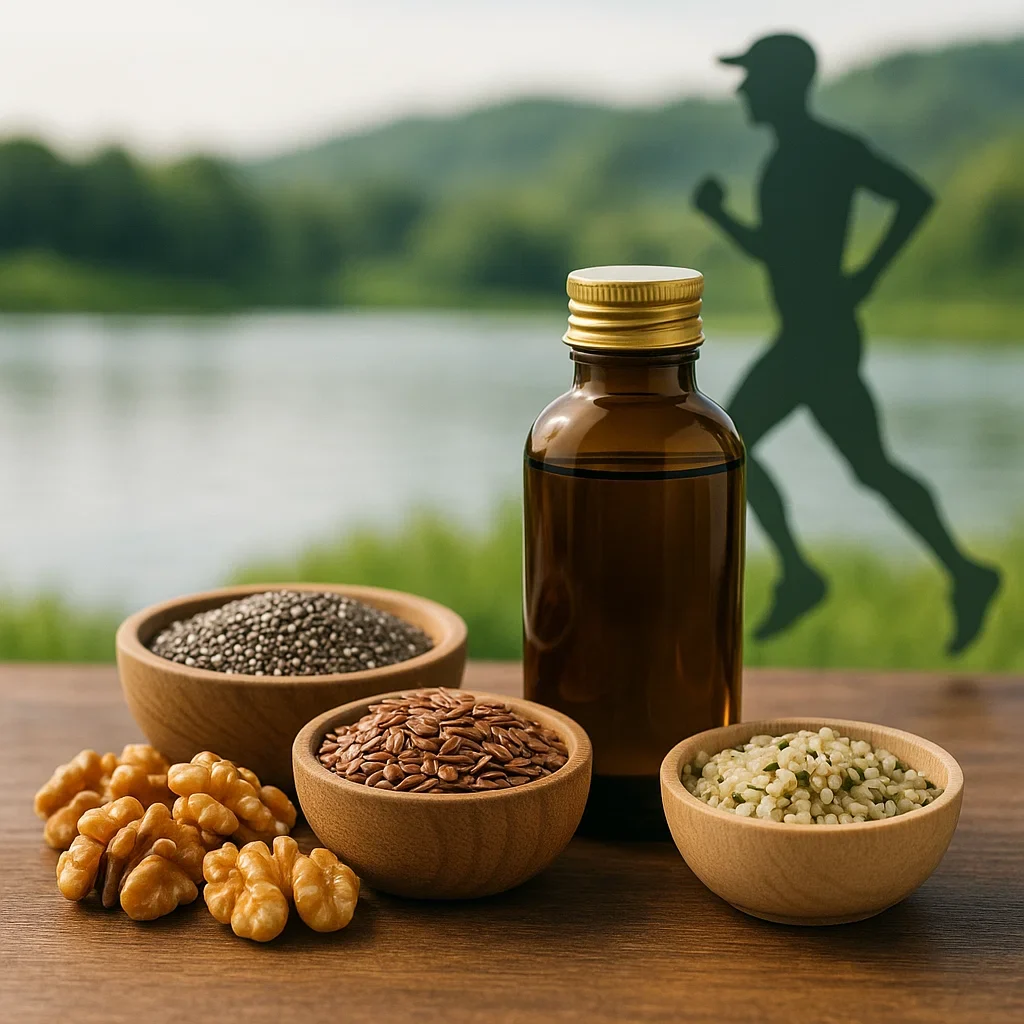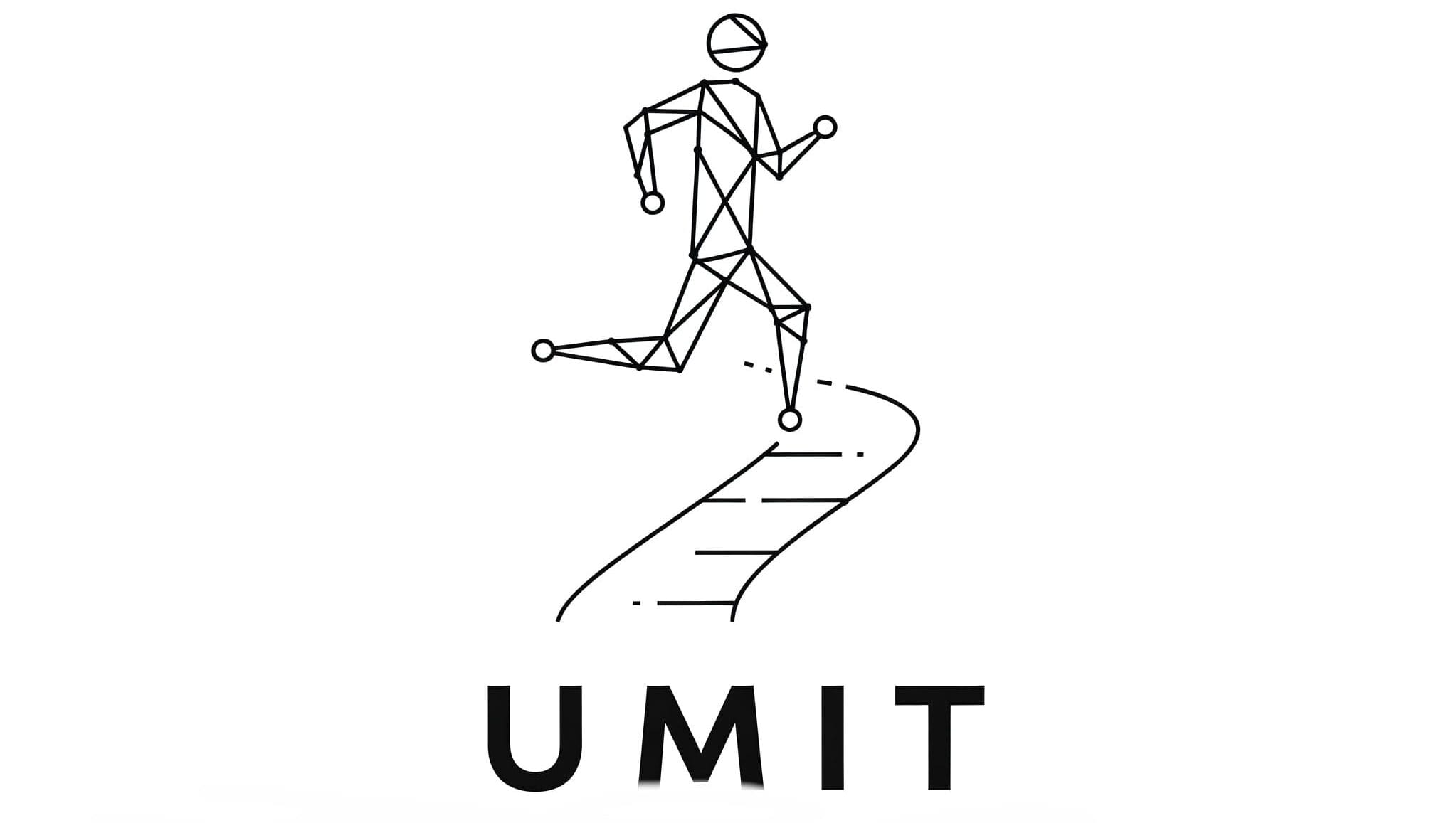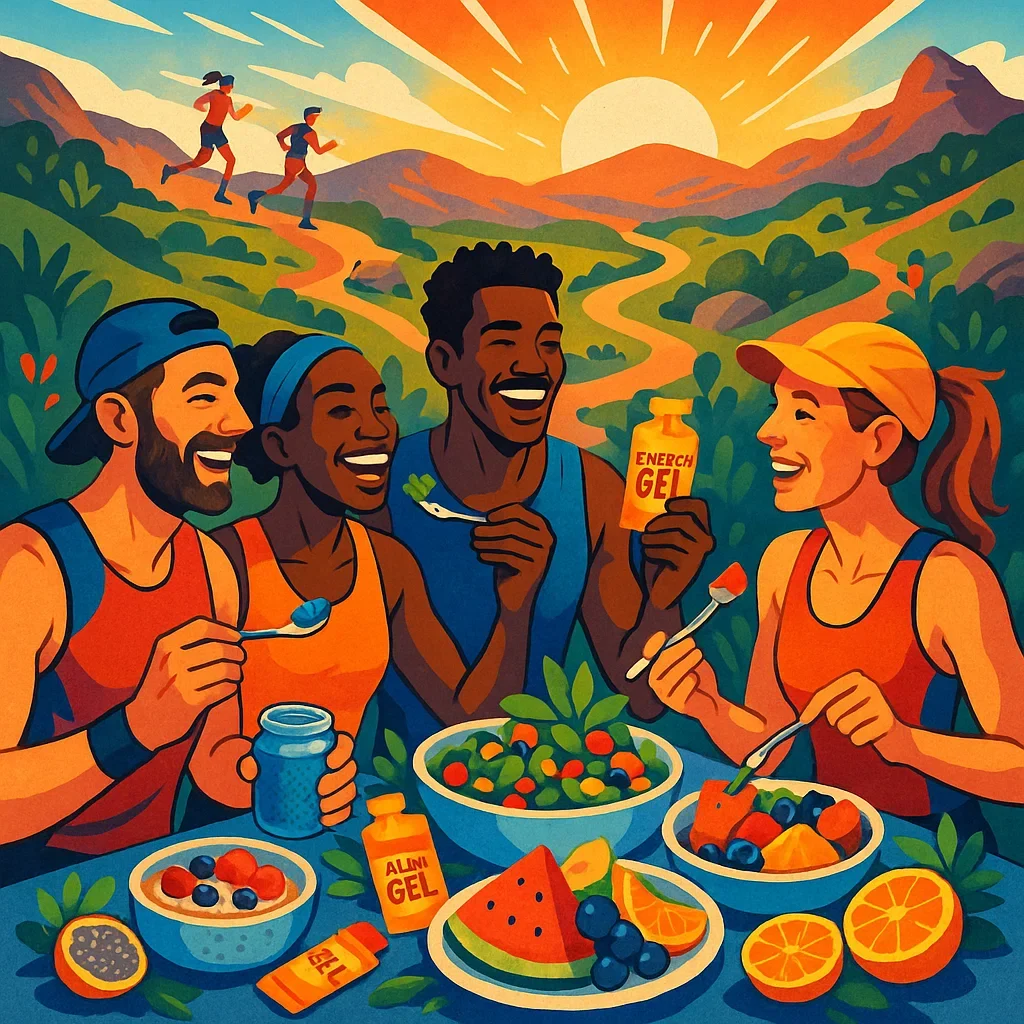🌱 Ultimate Guide to Plant-Based Nutrition for Ultramarathon Runners 🏃♂️🏃♀️
Ready to unlock your endurance superpowers with plant-based fueling? Whether you’re a vegan ultrarunner or just curious about the science of plant-powered performance, you’re in the right place!
- 🥗 Clinically-proven vegan strategies for race day & recovery
- 🩸 Vegan iron ultra, plant omega-3 endurance & creatine tips
- 🚦 Gut-friendly low FODMAP fueling plan
- 🎯 Real product picks, science-backed meal plans, actionable checklists
🌿 Why Plant-Based Nutrition for Ultrarunners?
Thinking about swapping animal fuel for pure plant power? You’re not alone! More ultrarunners are going plant-based every year—and for good reason. Here’s why this nutrition style is more than just a trend for endurance athletes:
- 💪 Endurance boost: Studies show plant-based diets can improve cardiovascular health and reduce inflammation, giving you better recovery and stronger finish-line kicks.
- 🫀 Heart & vessel protection: Lower cholesterol and blood pressure mean your engine runs cleaner on long races.
- 🌎 Sustainable fuel: Plant-based eating supports the planet—less carbon, more future ultras to run.
- ⚡ Anti-fatigue nutrition: Higher antioxidant and micronutrient intake can fight oxidative stress from ultra distances.
- 🏆 Backed by science & top athletes: Elite runners from Scott Jurek to Fiona Oakes fuel on plants.
🩸 Vegan Iron Ultra: Optimizing Iron Intake and Absorption
Iron is the oxygen highway for your muscles—and every ultrarunner needs it! But plant-based runners must play the iron game smart: non-heme (plant) iron isn’t absorbed as easily as animal sources. Don’t worry—science (and this guide) has your back!
- 🥬 Pile up the plants: Lentils, tofu, pumpkin seeds, chickpeas, spinach, quinoa—these are your iron heroes.
- 🍊 Boost with vitamin C: Always pair iron-rich meals with citrus, bell pepper, or berries. This can DOUBLE your iron absorption!
- 🚫 Avoid iron blockers: Skip coffee, tea, or calcium-rich foods for at least an hour after iron-heavy meals—these can slash absorption.
- ⏰ Time it right: For best results, eat iron-rich meals in the morning or away from hard workouts (hepcidin spikes can block absorption post-exercise).
- 💊 Consider supplements: If your bloodwork shows low ferritin or you’re prone to anemia, look for gentle vegan iron like bisglycinate (consult your doc!).
- Relying on spinach alone (it’s high in inhibitors!)
- Drinking coffee or black tea with every meal
- Ignoring bloodwork until fatigue hits
- Skipping vitamin C at breakfast/lunch
- Trying a new iron supplement right before race day
❓ Is iron deficiency more common in female ultrarunners?
- Add a squeeze of lemon or orange to every iron-rich meal
- Soak, sprout, or ferment grains/legumes when possible
- Avoid dairy/calcium 1–2 hours before/after iron intake
- Test, don’t guess: Get ferritin, hemoglobin, and iron saturation checked at least annually
- Thorne Iron Bisglycinate – gentle on stomach, highly absorbable
- Floradix Liquid Iron – with vitamin C and herbs, fast absorption
- NOW Iron 18mg – budget-friendly, simple formula
🐟 Plant Omega-3 Endurance: Boosting Recovery & Reducing Inflammation
Omega-3s are the ultimate endurance secret: they fight inflammation, sharpen focus, and speed up recovery after brutal long runs. But fish oil? Nope—you can get everything you need from plants and smart supplements!
- 🌱 ALA all day: Chia seeds, flaxseed, walnuts, and hemp hearts are top ALA sources. Sprinkle them everywhere!
- 💧 Go direct with algae: Want real EPA/DHA? Algae oil supplements give you pure, clean omega-3s—no fishy taste, totally vegan.
- 🔄 Mind the conversion: The body’s ALA-to-EPA/DHA conversion is tiny. Algae oil = insurance policy for your brain, heart, and joints.
- 📦 Supplement smart: Aim for 250–1000 mg EPA+DHA per day, especially during peak training. Look for trusted brands—see our picks below.
- ⚖️ Balance your fats: Cut back on processed omega-6 oils to help your omega-3s work their magic.

⚡ Vegan Creatine Ultra: Power, Recovery, and Endurance
Creatine isn’t just for the gym bros—vegan ultrarunners can get a serious edge too! It helps you surge up hills, push through late-race slogs, and even speeds up recovery after all-out efforts.
- 🏋️ Pure power boost: Creatine enhances your muscles’ energy reserves for fast climbs, sprints, or finish-line kicks.
- 🌱 Vegan by default: Most creatine monohydrate is produced via fermentation—completely animal-free and ultra pure!
- 🔬 Science-backed: Research shows daily creatine (3–5g) may help endurance athletes perform and recover better—especially on a vegan diet.
- ⚖️ How to take it: Mix 3–5g into your post-run smoothie or carb-rich meal. Consistency matters more than timing.
- 🧂 Bonus: Creatine draws water into muscle—so stay hydrated, and expect a small weight bump (that’s strength, not fat!).
🍌 Low FODMAP Fueling: Gut-Friendly Race Nutrition
Stomach troubles wreck more ultras than injuries! Enter the low FODMAP approach—a science-backed, runner-tested way to fuel big miles without GI drama. Whether you have a sensitive gut or just want to play it safe for race week, this is your strategy.
- Breakfast: Gluten-free oats with almond milk, peanut butter, ripe banana
- Snack: Rice cakes + maple syrup or oranges
- Lunch: White rice bowl with zucchini, carrots, tempeh (no onion/garlic)
- Snack: Potato wedges, berries, walnuts
- Dinner: Baked sweet potato, pumpkin soup, grilled tofu
- Maurten Gel 100 – glucose-based, minimal gut issues
- SIS GO Isotonic Gel – no fructose or sorbitol
- Tailwind Endurance Drink – gluten-free, gentle carbs
- Homemade option: Rice balls or maple syrup pouches
❓ Do I need to eat low FODMAP all the time?
❓ Can low FODMAP reduce energy or performance?
- Start 3–5 days before race
- Avoid all new foods
- Pack emergency safe snacks (rice cakes, gels, bananas)
- Reintroduce variety after the event
📅 Sample Nutrient-Timing Timeline: Race Week Plan
What does a pro-level, plant-based fueling week look like before your 100K? Here’s a step-by-step timeline to help you maximize energy, iron, and gut comfort—Lost Pace style!
- Iron-rich vegan meals with vitamin C at every lunch
- Maintain daily creatine (3–5g) and algae omega-3
- Stay hydrated, reduce caffeine with iron meals
- Easy runs, prioritize sleep
- Increase carbs (rice, potatoes, gluten-free oats)
- Avoid FODMAP triggers (onions, wheat, beans, apples, artificial sweeteners)
- Continue omega-3, creatine, skip iron if prone to gut issues
- Shorter runs, focus on mobility/rest
- Familiar, low-fiber, low-FODMAP high-carb dinner (e.g. rice porridge or pancakes)
- Lay out race gear & pack proven snacks
- Stay off your feet, hydrate, early to bed
- Breakfast: low-FODMAP, high-carb meal you practiced (e.g. oatmeal, rice, banana)
- Creatine & omega-3 supplements (optional)
- Electrolyte drink and a small caffeine boost (if used in training)
- Fuel every 30–40min: easy gels, bananas, rice cakes
- Stay on hydration & sodium tabs
- No new foods or drinks!
- Quick carb + protein shake, easy-to-digest foods
- Resume omega-3, iron, and creatine next day
- Celebrate, recover, and eat whatever you crave!

🛒 Product Comparison: Best Vegan Endurance Supplements
📝 Quick Quiz: Are You Ready for a Plant-Based Ultra?
- Do you know your top 3 iron-rich vegan foods?
- Have you ever tested low FODMAP fueling on a long run?
- Do you supplement with B12 (and check your levels)?
- Have you practiced race-day breakfast at least twice?
- Are you able to name a vegan-friendly omega-3 supplement?
🌿 Plant-Based Ultra Challenge
- Try a full week of low FODMAP plant-based fueling during training
- Log your meals and energy—share your best recipe below!
- Book your next blood test for ferritin, B12, and vitamin D
- Test at least one new plant-based gel or race snack
👟 Expert & Runner Perspectives
—Evelyn R., 100K National Champion
—Milo S., Sub-24hr 100-Miler
—Dr. Anya L., RD, Ultra Coach
—Charlie F., Trail Enthusiast
❓ Frequently Asked Questions: Plant-Based Ultramarathon Nutrition
🥦 What are the biggest benefits of plant-based nutrition for ultramarathon runners?
🩸 How can I prevent iron deficiency on a vegan diet?
🍊 Why is vitamin C important for iron absorption?
☕ Should I avoid coffee and tea before races?
🥜 What are the best vegan protein sources for ultrarunners?
🌊 Is algae oil really better than flaxseed or chia for omega-3?
🔬 How much omega-3 do vegan athletes need daily?
🧬 Can plant-based runners benefit from creatine?
🌱 What’s the safest creatine type for vegans?
🍌 What is a low FODMAP diet, and why does it matter for ultras?
🥗 Which foods should I avoid in a low FODMAP race-week plan?
🥣 What does a plant-based pre-race breakfast look like?
🧃 Are most energy gels and drinks vegan and low FODMAP?
🥕 How do I get enough calories on a plant-based diet during ultra training?
🩺 How often should I check bloodwork as a vegan ultrarunner?
🔋 Is B12 supplementation mandatory for vegan runners?
🧂 Are electrolytes different for plant-based athletes?
📅 How should I time my supplements during race week?
🥦 Is it possible to build muscle on a plant-based ultra diet?
🎯 Any quick tips for race-day nerves on a plant diet?
📚 Further Reading
Recommended External Resources
- Plant-Based Diets for Athletes (GSSI Sports Science Exchange) – Scientific overview on plant-based athlete performance and common pitfalls.
- Nutritional Considerations for Vegetarian Athletes (Nutrients, 2019) – Peer-reviewed review covering micronutrients and endurance outcomes.
- The Best Diet for Athletic Performance (NutritionFacts.org Video) – Quick science breakdown, plant-based focus.
- Vegan Running Nutrition Tips (Runner’s World) – Practical advice for plant-powered runners from coaches & RDs.
🌟 Final Thoughts
Plant-based ultramarathon nutrition isn’t just about salad—it’s about smart science, bold fueling, and running with purpose. With the right plan, you can build strength, resilience, and unstoppable endurance—all while keeping your gut happy and your conscience clean.
You’re not just fueling a run—you’re fueling a movement. 🌍🌱 Ready to go the distance, powered by plants?
Drop your thoughts in the comments—or share this guide with your crew!

